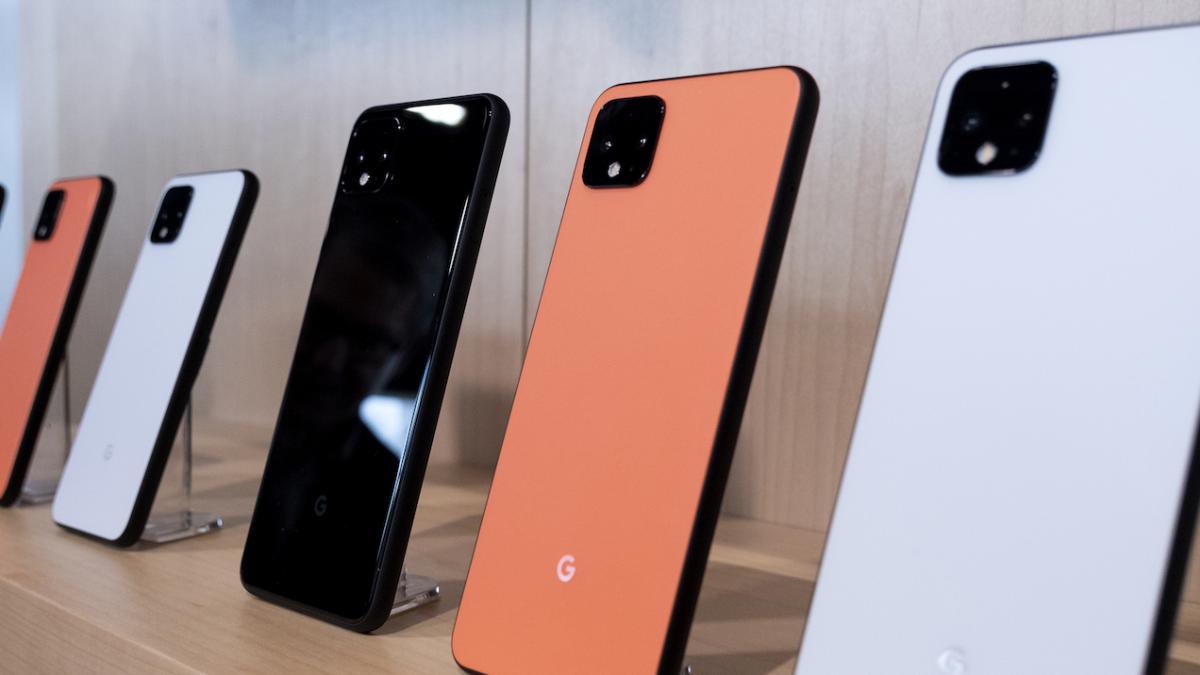
After roughly sixteen thousand leaked images and specifications, Google has finally unveiled the new Pixel 4 smartphone and the fact it has one fewer cameras than its closest rival, the iPhone 11 Pro.
[jwplayer 4N0GUWR4]
Google made the announcement overnight at New York City’s Made By Google event, along with confirmation of the Pixel 4’s Snapdragon 855 processor, 6GB memory, and a bunch of other flash features we’ll get to after the cameras.
Is it somewhat reductive to compare the devices on the quantity of their lenses? Well, yes and no, but Google is extremely proud decision to outfit its new flagship with a primary 12 megapixel sensor, and a secondary 16 megapixel telephoto lens (plus a front-facing camera, naturally).
To demonstrate how hyped the tech juggernaut is on their decision to omit a third wide-angle lens, as featured in Apples’ latest offerings, Google recruited legendary portrait photographer to Annie Leibovitz to discuss her year-long project using Pixel cameras.
Shot by Annie Leibovitz on the Google Pixel 4 #madebygoogle pic.twitter.com/NgAirm2lAM
— Gizmodo (@Gizmodo) October 15, 2019
As you can see by that there shot of the Milky Way, Google is touting its latest tech as capable of seriously impressive Night Sight photography.
Google reckons the added camera also assists in Portrait mode, which previously relied on Android tech to generate those slick depth of field effects.
First selfie from Pixel 4 📸 pic.twitter.com/bfBsww6zLS
— Marques Brownlee (@MKBHD) October 15, 2019
Then there’s the juiced HDR+ functions, which will let users see how their auto-edited piccies will look before hitting the shutter button.
Other goodies include radar (!!!) capabilities, which will enable the Pixel 4 to sense when a user is approaching and ready its facial-recognition systems for nearly instantaneous unlocking. If you’re into that kind of thing.
The same tech will permit waving gestures to interact with certain apps, meaning you could turn off a timer or head to the next Spotify track with a single off-phone gesture. Neat.
Along with the hefty improvements to Google Assistant, which now runs many functions locally without the need to link to a server, Google says the new handsets can accurately turn English speech into text in real-time. That’s good news for scrubs like me, who still faces the indignity of transcribing my own voice during interviews, but it could be a life-saver for students in lectures, too.
Local voice transcription on Google Pixel 4 pic.twitter.com/COfJEY9CJS
— Grubb (@JeffGrubb) October 15, 2019
The Pixel 4 goes on pre-sale today before its Aussie arrival on October 4. The 5.7 inch screen model will set you back $1049, or $1279 for the XL with 6.3 inches of glass. Whether that’s enticing enough to lure new phone-buyers from Apple is yet to be seen.



